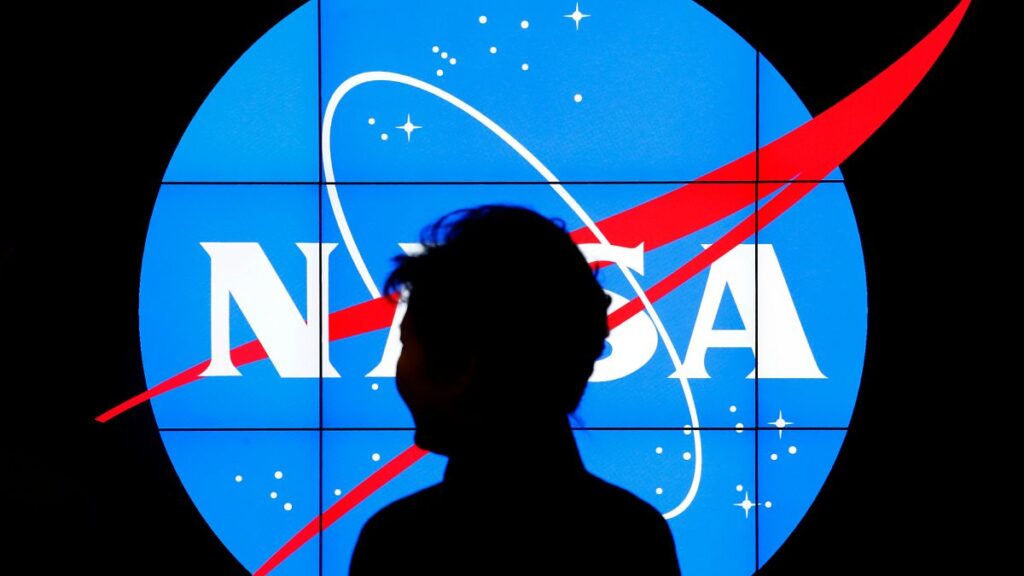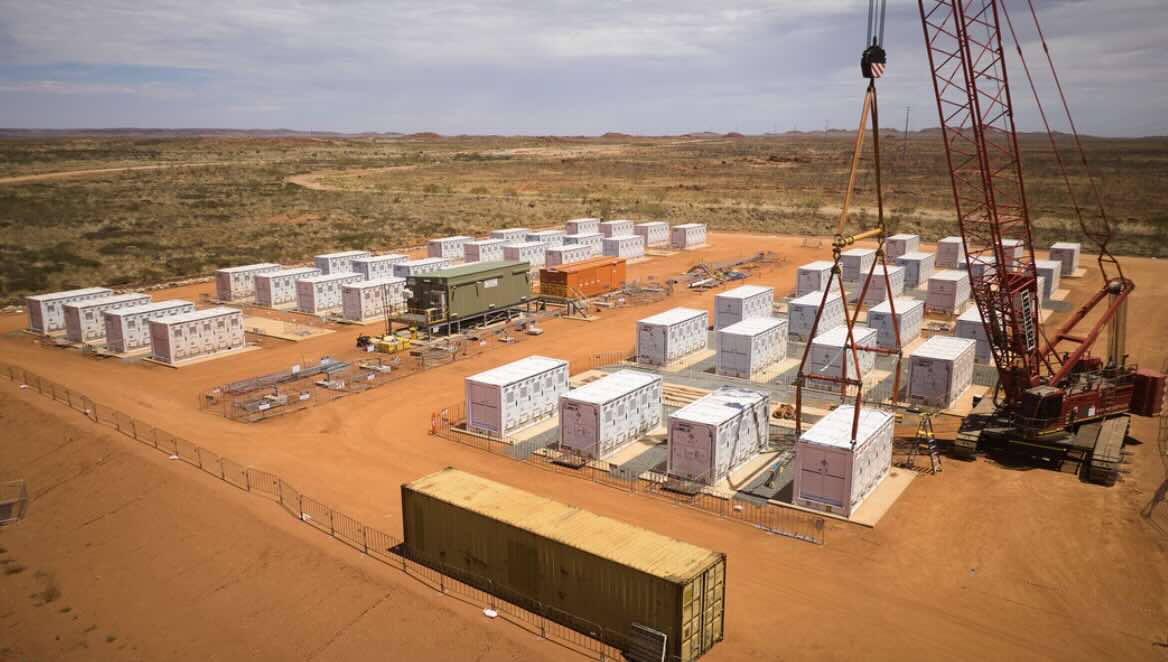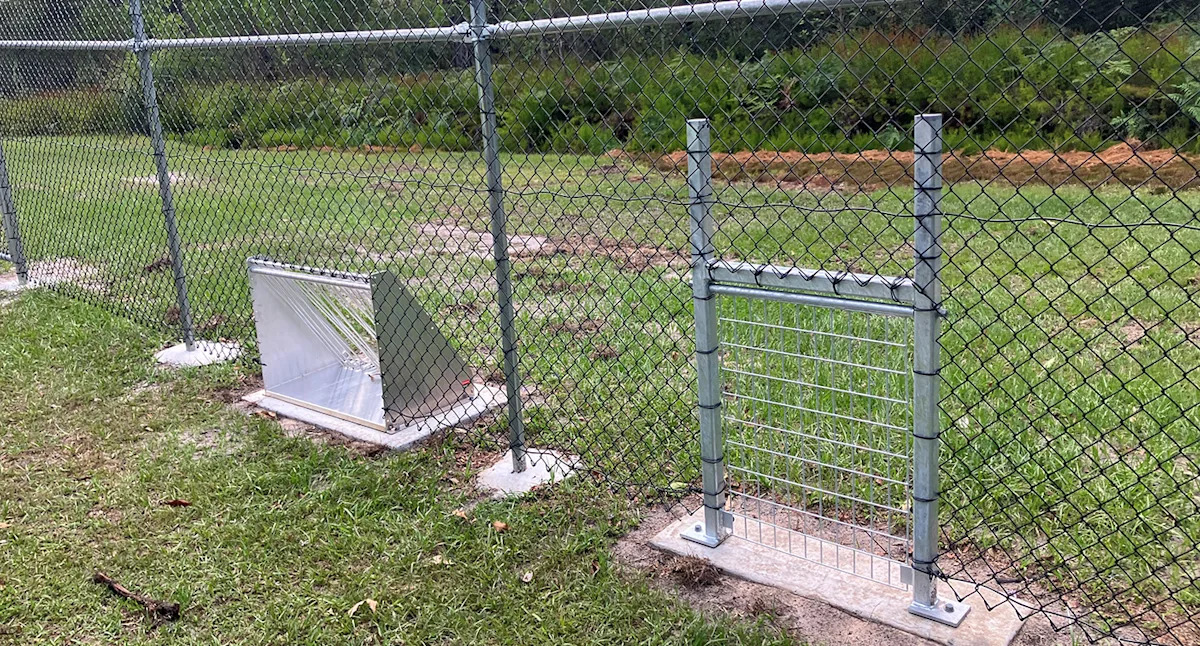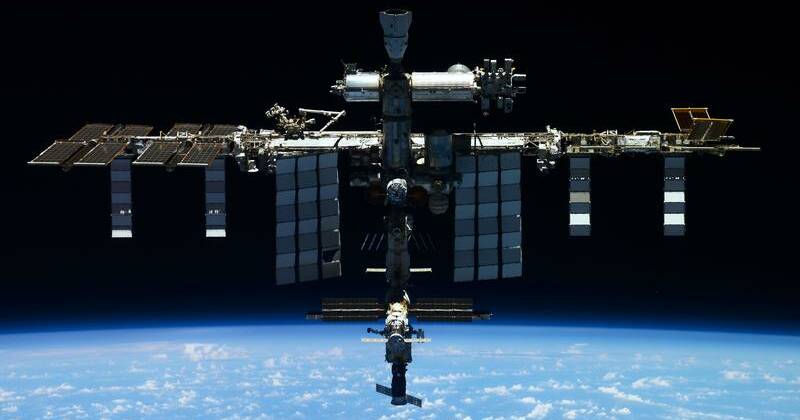
Google and NASA have joined forces to develop an artificial intelligence (AI) tool designed to tackle health issues encountered by astronauts during space missions. This collaboration comes as the United States sets its sights on extended missions to Mars and the Moon, aiming to enhance the safety and efficiency of space travel.
Dubbed the “Crew Medical Officer Digital Assistant,” the AI system is intended to assist astronauts and their medical teams on Earth by diagnosing and treating symptoms in real-time. According to a blog post from Google, the tool will also provide flight surgeons—specialized physicians in space medicine—with data and predictive analytics to support their decision-making processes.
Initial results from the proof-of-concept project have demonstrated reliable diagnoses based on reported symptoms. Google is currently collaborating with medical professionals to further test and refine the model. The AI digital assistant is expected to offer detailed diagnoses and treatment options, particularly when astronauts have limited communication with Earth-based teams.
Addressing the Challenges of Deep Space Missions
The development of this AI tool is increasingly crucial as NASA prepares for the Artemis II and III missions, which aim to return humans to the Moon for the first time since the Apollo program in the 1960s. These missions are part of a broader strategy leading to the United States’ inaugural Mars missions, projected for the 2030s.
Google emphasized the significance of this technology, stating, “This innovative system isn’t just about supporting space exploration; it’s about pushing the boundaries of what’s possible with AI to provide essential care in the most remote and demanding environments.”
Current Medical Support for Astronauts
Currently, NASA astronauts receive comprehensive medical training, including cardiopulmonary resuscitation (CPR), behavioral health, basic first aid, and the use of medical kits. They are also educated on space-specific health issues, such as the effects of carbon dioxide exposure and decompression sickness.
On the ground, a team of doctors, psychologists, and flight surgeons supports astronauts’ health before, during, and after missions. Onboard the International Space Station (ISS), astronauts have access to a “robust pharmacy” and medical equipment, with the option to return to Earth if urgent medical care is needed.
The Need for Enhanced Medical Systems in Space
However, a 2023 study published in the IEEE Open Journal of Engineering in Medicine and Biology highlighted the challenges of independent space medical operations. The study noted that astronauts on missions beyond low-Earth orbit (LEO), such as those to the Moon or Mars, would face communication delays that impede real-time medical support.
“The Moon is outside of LEO, leading to a communication delay of up to 10 seconds, and emergency evacuations back to Earth could take as long as two weeks,” the study reported.
For Mars missions, the situation becomes even more complex. The study indicated that it would take six months to transport an astronaut in a medical emergency back to Earth, covering a distance of over 500 million kilometers. Urgent communications could experience a delay of up to 40 minutes, necessitating a more robust onboard medical support system than what is currently available on the ISS.
The study concluded that for a successful Mars mission, the medical system must be capable of making accurate diagnoses and anticipating the questions of specialists on the ground, thereby minimizing the need for repeated exchanges.
Implications for Future Space Exploration
The collaboration between Google and NASA represents a significant step forward in addressing the medical challenges of deep space exploration. As missions venture further into space, the ability to provide real-time, reliable medical support becomes increasingly vital.
This AI tool not only promises to enhance the safety of astronauts but also sets a precedent for future technological innovations in space medicine. As the United States and other space-faring nations continue to push the boundaries of exploration, the integration of AI into healthcare systems could become a cornerstone of mission success.
Moving forward, the ongoing development and refinement of the Crew Medical Officer Digital Assistant will be closely watched by the space and medical communities alike, as it holds the potential to revolutionize the way health care is delivered in the most challenging environments known to humanity.







